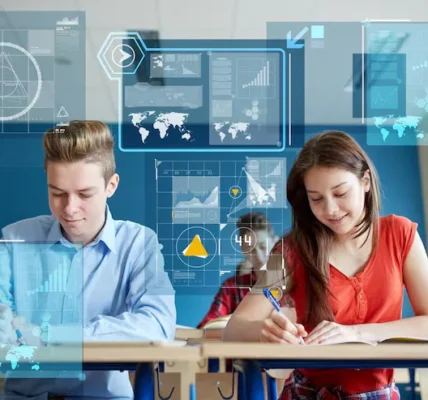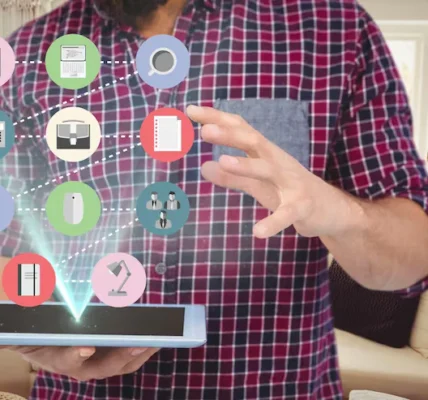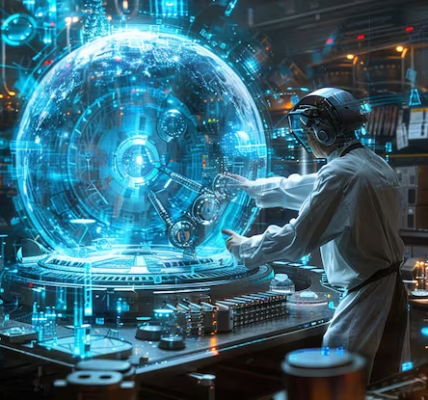The use of artificial intelligence (AI) is increasing day by day around the world. By 2025, AI will be part of every industry. AI is being used in healthcare, education, business, and even entertainment. This technology not only automates tasks but also makes life easier and more efficient. Through AI, we are able to solve complex problems quickly and accurately. In this article, we will explore the future of AI and its potential impact.
AI in Healthcare
The role of AI in the healthcare industry has become very important. Doctors and healthcare professionals are using AI tools to improve diagnosis and treatment. Diseases are being accurately predicted by machine learning algorithms. AI systems can analyze a patient’s medical history and suggest better treatment plans.
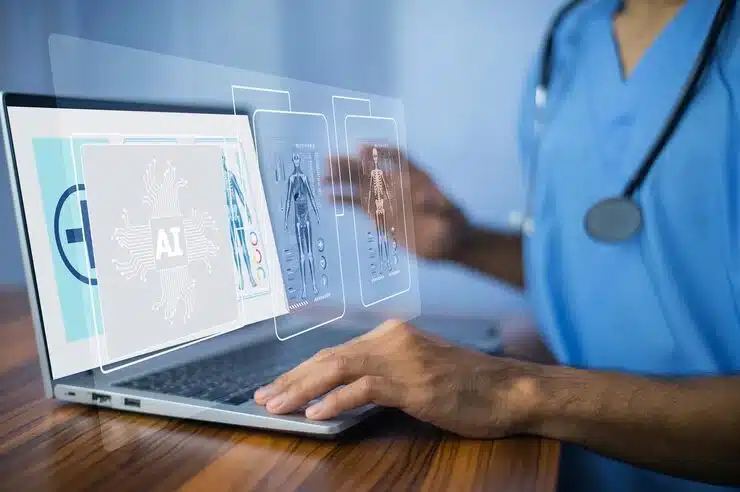
In 2025, AI-assisted surgery and robot-assisted treatments will become commonplace. This will give doctors more precision and treat patients faster. Through AI, personalized medicine may also become possible, where customized treatment plans will be created for each patient.
AI in Business and Automation
AI is being used to increase efficiency in the business world. Companies are improving their operations by using AI-based tools. Machine learning algorithms predict customer behaviour and market trends. Customer service has also improved significantly due to AI. Chatbots and virtual assistants answer customer questions, saving businesses time and resources. In 2025, AI will be integrated into more businesses. Logistics and supply chain management can also be improved with AI tools. Automation eliminates many repetitive tasks, allowing employees to focus on more creative and strategic tasks.
AI in Education
The use of AI in the education sector is also growing rapidly. Smart classrooms and AI tutors provide students with a personalized learning experience. AI algorithms track students’ learning pace and deliver content tailored to their needs. This technology gives students the best resources and study materials according to their learning style.
Teachers also use AI tools to improve their teaching performance. By 2025, AI-based platforms will become part of classrooms, allowing students to receive lessons tailored to their individual needs. AI also makes remote learning very effective, giving every student equal opportunities.
AI and the Job Market
After the advent of AI, the job market is witnessing many changes. Some jobs are being replaced by automation, but new employment opportunities are also being created. Through AI and automation, industries are freeing their employees from repetitive tasks. People are now working in more creative and innovative roles. In 2025, AI professionals, data scientists, and automation engineers will be in demand.
These new roles will support industries with technology and business solutions. In addition, traditional jobs can also be improved by AI, such as in the healthcare and education sectors. With AI, employees’ work can become more efficient and productive.
AI in Everyday Life
We are also using AI a lot in our daily lives. Smart home devices, voice assistants, and AI-based recommendation systems are making our days easier. We use AI in our mobile phones, laptops, and smartwatches.
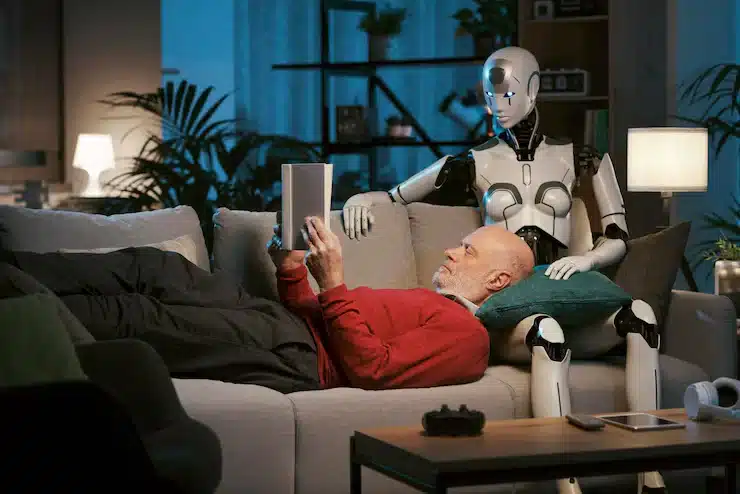
Thanks to AI, our daily tasks have become more efficient and less time-consuming. AI has improved home automation security systems and even shopping experiences. By 2025, AI will become more and more a part of our daily lives. This technology has personalized our lifestyle and made us smarter and more efficient.
AI and Ethics
With the advancement of AI, ethical concerns are also rising. People can misuse AI due to privacy and security issues. Developers need to make AI algorithms free of bias to ensure fair decisions. Researchers and developers actively work on bias detection and correction. Also, designers should create AI in a way that does not violate human rights. By 2025, authorities will implement specific regulations to oversee AI ethics. Global cooperation is essential to make AI development safe and responsible. These measures will ensure that AI use remains positive and beneficial to society.
AI in the Creative Industries
The use of AI in the creative industries is also growing rapidly. Musicians, artists, and writers are using AI tools to enhance their creativity. AI-powered music composition and art generation tools are empowering artists with new ideas and concepts. This technology makes content creation faster and more cost-effective. By 2025, AI will take creativity to a new level where humans and AI will collaborate to produce extraordinary creations. Filmmakers and designers will also use AI to streamline their production processes.
AI in Transportation
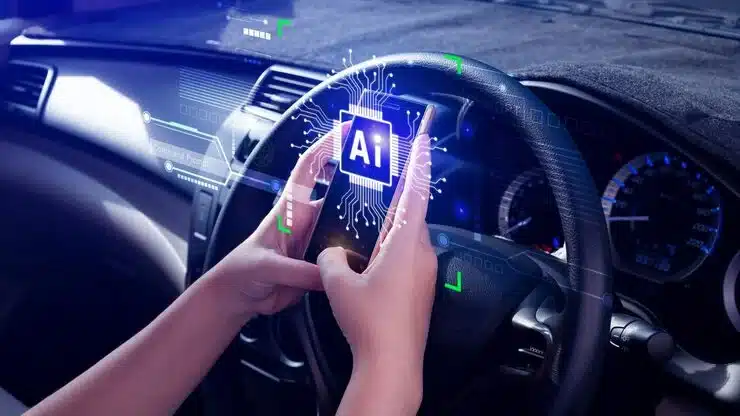
The use of AI is also revolutionizing the transportation industry. Self-driving cars and AI-powered traffic management systems make roads safer and more efficient. Autonomous vehicles improve road safety and reduce traffic congestion. AI systems analyze real-time traffic data and recommend optimal routes. Public transport systems also use AI to optimize routes and timings. By 2025, cities will integrate AI-based vehicles and smart traffic management systems. These systems will provide environmentally friendly and efficient transportation solutions.
Conclusion
AI will change the world in 2025. The impact of AI will be seen in every sector. The presence of AI will grow in healthcare, business education, and everyday life. This technology will make our lives more efficient, smarter, and safer. By 2025, new advances and innovations in AI will transform the world in a whole new way. The future of this technology is bright, and it will benefit every individual and industry. Using AI responsibly and developing it ethically will bring positive outcomes for society. We all need to embrace AI’s future so that we can understand and use its full potential.


